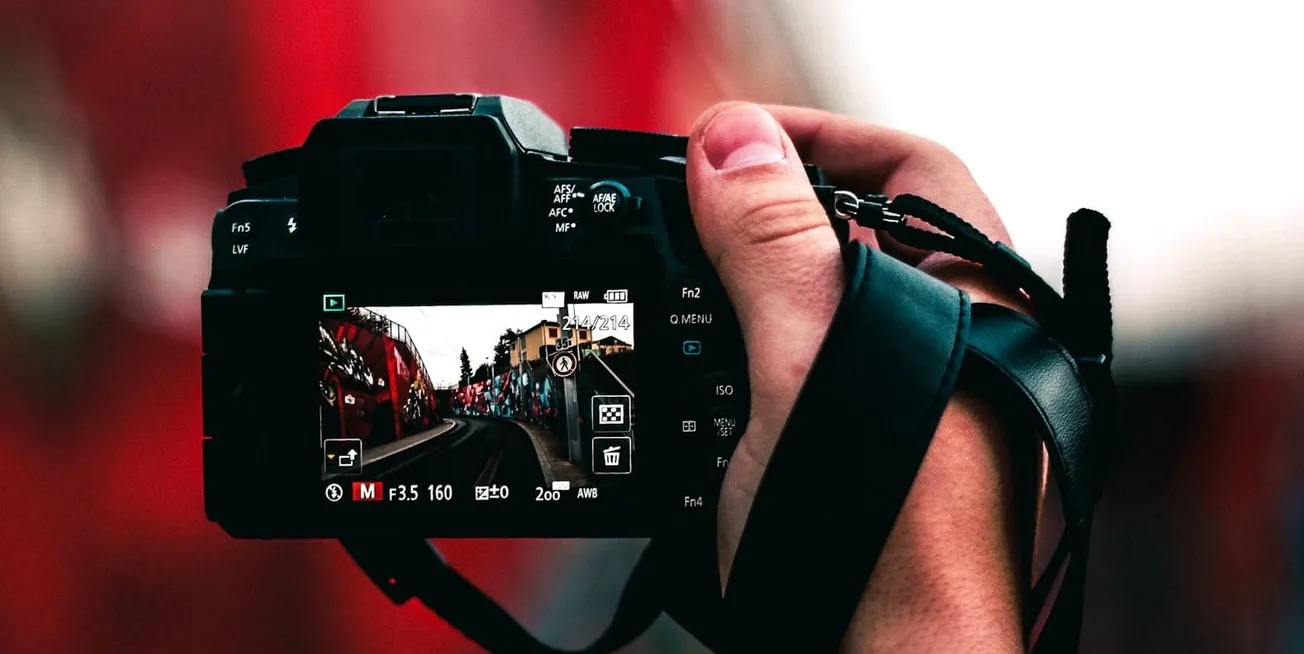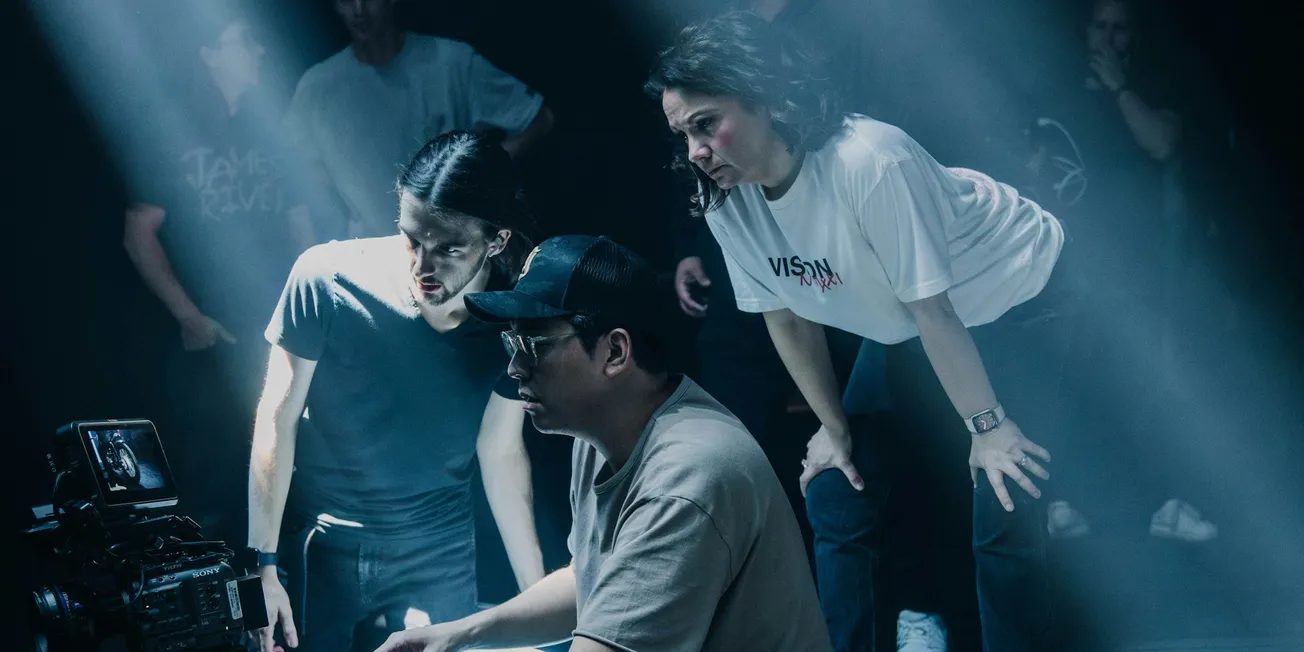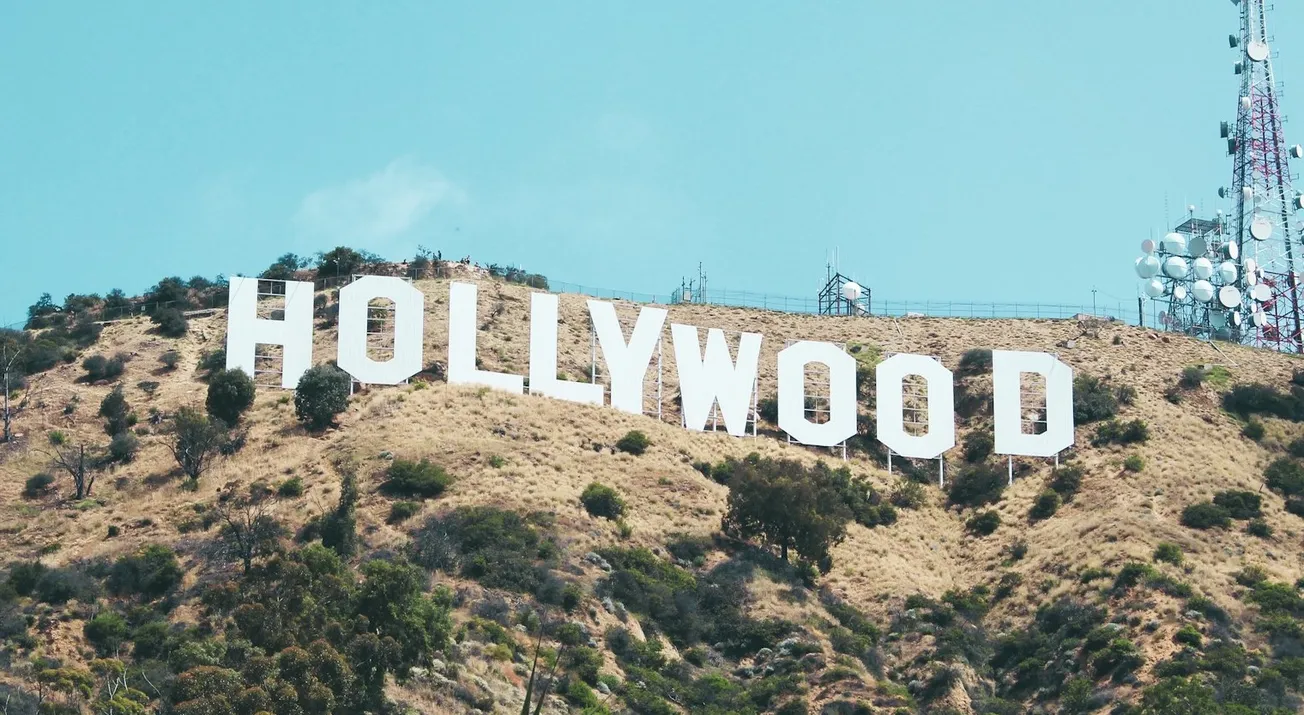Table of Contents
Finding the right location for a film or TV project—and figuring out the logistics of when and how to film at it—is one of the most difficult pre-production tasks to get right. We talked with Dave Clark of DW Clark Productions and Scout Source about what scouts do, how they do it, and how you should be working with them.
If you’ve read our past issues, you might notice some common themes to our interview with post accountancy CEO Yana Collins Lehman—namely, letting your service providers help you.
What role does a location scout play in a production? Where do you fit in?
So whether you're working on a commercial, a TV show, or a movie, the process is all pretty much the same. You as a scout start with the creative, whether it be scripts or a set of boards: A car driving down the highway pulls up in front of a restaurant, they go inside, they have a meal, we see the husband and wife coming home to release the babysitter. To find where that will happen, you need to break that down. What's the first step? We have a scene on a highway, we have a scene at the restaurant, we have a scene at a house, right? How many days do we get to film? All right, this needs to be done in one day. So where can we find a highway, a restaurant, and a house close to each other that we can control?
That’s where your work as a scout really starts. You either take reference photos or recommend places you’ve seen in the past that work with what they’re talking about. You need to start with ten to fifteen places. The producer or director will say, “Yes, I love A, B, and C, but D, E, and F, not so much.” And then you kind of hone that down into four or five that you're going to go see in person with the director, production designer, and producer. And then you really narrow down to two that are realistically viable; you have a favorite and then a backup.
And how do you get that done? What skills and understandings are important?
As a location scout, you wear very unique and different hats. You have to be able to think visually and understand the architectural and visual language that directors and producers use—how people speak and what they're trying to describe.
And then you need to help producers think logistically. Is this even possible? How am I going to get a crew of 80 to 100 people into this space? Is the space controllable? Where do you park all the trucks? Where do you feed all the people? Where do they go into the bathroom? Where does the garbage go at the end of the night? As a location scout, those are all things you have to have in the back of your head when you see a space.
Those are the two main things that you need to have—a logistical side and the creative side.
But then once you peel that back a little further, you have to have relationships with the towns and the municipalities in which you're filming. You have to know who you're going to get permission from to be able to shoot your scenes. And so you really have to build up a database of contacts that you build relationships with.
How can producers and below-the-line creators best work with location scouts? What are some best practices for people to remember?
To me, the most successful projects are the ones where you as location scout are brought into the creative process as a collaborator, as someone who can help creatively solve the problem, rather than with directors or producers who say, “I’m only interested in X, find me X.”
We all suffer in some way, shape, or form from paradigm paralysis, like there's only one way of doing things. A director might have their mind's eye on a particular solution to whatever the problem is. But the scout can help them approach it from a different direction, and maybe see something that they had not previously thought about and see the merits. That is very rewarding when you can help guide the creative process.
The great thing about film is it is such a collaborative process and you can really trust the expertise that someone is bringing to the table. It could really benefit the overarching project.
What are questions that people should be asking when they evaluate location scouts?
This is not a business that's built upon resumes. This is a business that’s built on relationships. So if someone were to ask me, “Do you have a resume?” that to me means that you don't understand how this business is built. If you were to ask me, “Who have you worked with?” then that's something I understand.
It’s better to ask something like, “Who are some of the directors that you've worked with?” And then I can turn around and tell them I worked with these seven Academy Award winning directors, or tell them the production companies that I’ve worked at or with, and that makes more sense.
Any other things people should know about working with location scouts?
I would say the other elephant in the room is whether you’re working in a union capacity or with a non-union crew. Not to speak disparagingly of the non-union location scouts, but they don't have to have the same concerns that a union scout would have around rigor. There are best practices, industry standards, and codes of conduct that a union location scout will be aware of. They're more established in their craft. They've been around longer.
One thing I tell people new to the business is that “no” is a completely acceptable answer. You need to have the foresight and fortitude to understand when someone is suggesting a dumb or unsafe idea, and you have to tell them, “No, you can’t do that.” You find a different solution, and safety is important. You can provide more reasonable options. A union scout may be more willing to do that.









